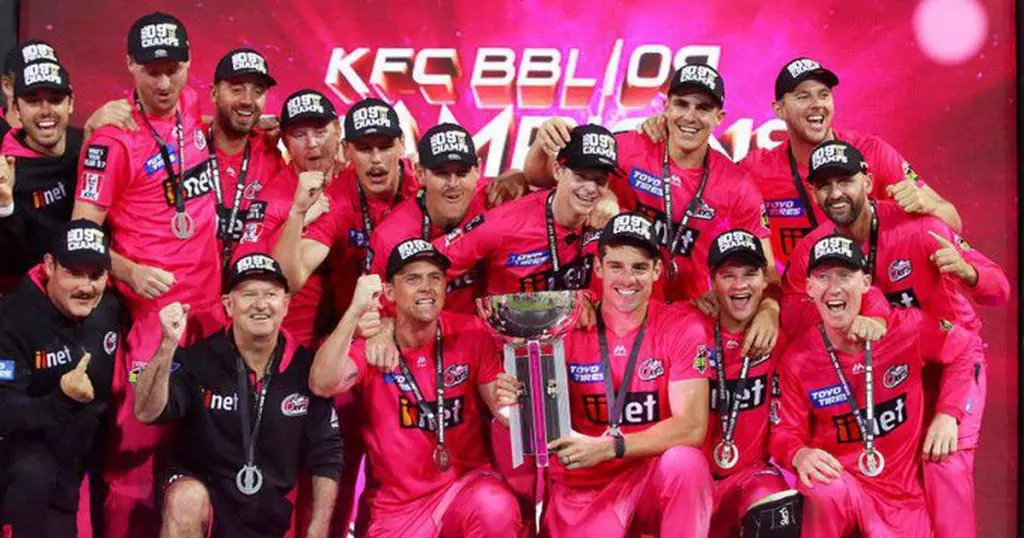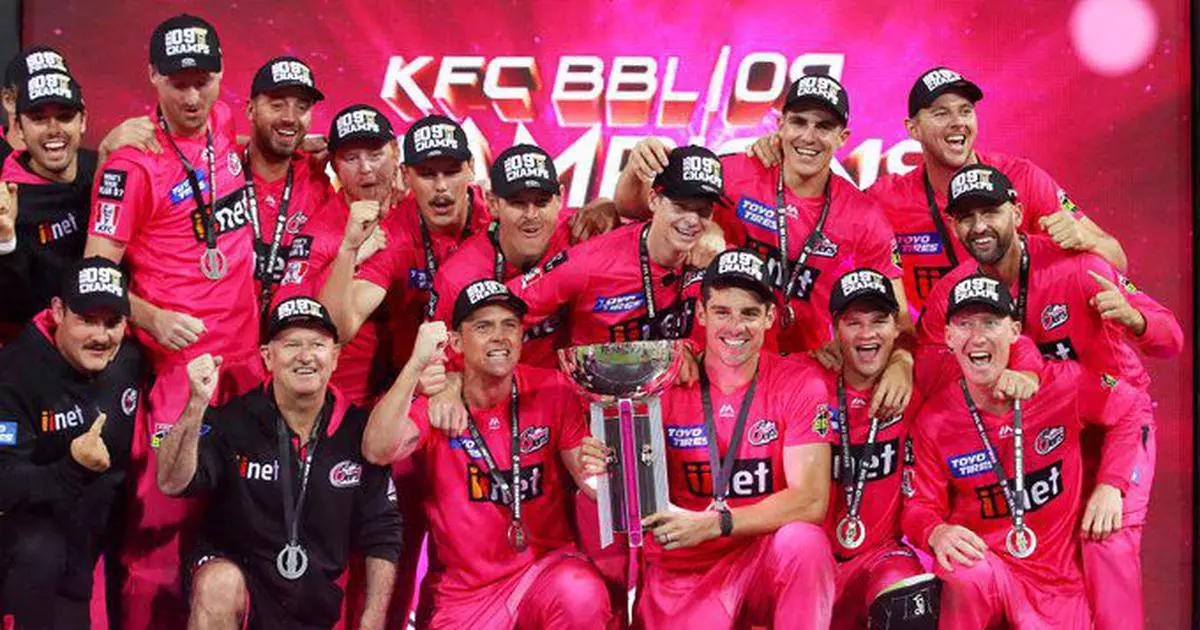The BBL’s chairman explains why the league’s intentions to use the Decision Review System this season have been scrapped; hopeful games may be played at all home venues in BBL|11
Due to the difficulties of transporting technology operators over international and state boundaries, Cricket Australia has scrapped plans to introduce the Decision Review System to the Big Bash this season.
Officials from the Big Bash League had planned to implement a version of the DRS for the first time this year, but the logistics of obtaining government permission for up to 15 UK-based operators to enter Australia and then moving them and their equipment throughout the nation proved too difficult.
Due to concerns about decisions being made based on inconclusive evidence, the league has decided against establishing a simple review system utilising solely television replays.
On Sunday, the players were informed of the situation.

Due to a crowded calendar, including the rescheduled Indian Premier League, and travel complications, there is a global scarcity of DRS technology operators. For similar logistical reasons, the DRS was not utilised in the recent women’s series between Australia and India, and the planned men’s series between Pakistan and New Zealand last month – which was ultimately postponed owing to security concerns – was also intended to go ahead without it.
Ball-tracking technology, which requires several cameras placed at various points around a venue, takes at least 24 hours to set up and requires specialised operators to calibrate before it can be used in a match, takes at least 24 hours to set up and requires specialised operators to calibrate before it can be used in a match. In Australia, there are no qualified operators.
Even in normal conditions, technology suppliers believe the event would be one of the most difficult in the world to cover, given that several Big Bash games are frequently played on the same day at various locations and there is substantial travel involved throughout the country.
Despite this, and despite the multi-million dollar price tag, Alistair Dobson, CA’s Head of Big Bash Leagues, claimed that plans to bring in the DRS this season were scrapped owing to the continued uncertainty surrounding Australia’s borders.
“With the need to bring anywhere up to 10 or 15 extra people from the UK to operate it and move that level of additional cameras and infrastructure around the country… it just got to a point where we couldn’t be sure we could do all 61 games in the way the competition would warrant,” Dobson told cricket.com.au.
“It’s a mix of people, technology, time, and preparation. Introducing it for the first time in a regular year will be a difficult undertaking, so adding it to all of the other difficulties we’re dealing with is just a step too far.
“During the BBL season, there have been instances when we’ve had four or five different venues (in use) in the span of 48 hours.
“Then you add in the fact that Seven and Fox have separate technology suppliers, so you’re trying to figure out who’s going to be the broadcaster and whose technology provider will be in place for this game.
“As you can see, the level of difficulty rises fast.
“We have a clear aim of putting something in for the BBL and WBBL in the future, and we’ll now focus on what that looks like next year.”
This season, the DRS will be utilised in the men’s Ashes, which will be a simpler logistical operation given that the series will only use five sites and matches will be played over five days, with intervals of up to six days between them. CA has also said that the DRS will be used for the multi-format women’s Ashes beginning in January.
Matt Weiss, the general manager of Fox Cricket, revealed on social media last week that DRS operators need last-minute government exemptions to operate the technology during last summer’s Test series against India, highlighting the difficulties involved even at the highest level.
The DRS was previously utilised in the IPL and the Hundred, as well as competitions in Pakistan, the Caribbean, and Bangladesh, therefore the BBL is an anomaly among domestic T20 leagues.
Dobson said the league explored establishing a basic review system based only on television replays, but warned that such a system may have unforeseen implications, such as those seen in international cricket when third umpires seek to evaluate fair catches based solely on broadcast views.
Another issue, given officials’ desire to shorten games this season, was the amount of time it would take for a third umpire to examine numerous inconclusive replays of an incident in order to make the proper judgement.
“Once you rule out virtual technologies like ball-tracking, and maybe even snicko to some extent,” Dobson explained, “you’re left with a very tiny category of dismissals that you can really examine and the video replay would pick up.”
“So it’s just a question of weighing the benefits of doing so against the unexpected or unanticipated repercussions.
“It’s simply about being very clear on what you’re trying to solve, and are you then generating additional difficulties that you weren’t intending to create?”
A technology-free version of the DRS was tried in the domestic one-day cup a decade ago, but it was swiftly abandoned due to player outrage that on-field decisions were being overturned based on inconclusive evidence.
However, that method varied in that players could not appeal on-field judgments, and the third official would decide whether or not an umpire’s judgement should be reviewed.
The Weber WBBL begins on Thursday in Tasmania, with the first 20 matches of the season being played there, while Dobson’s squad will now focus on the men’s competition, which is set to begin on December 5.
He acknowledged that the current BBL calendar may be forced to modify, but he is confident that matches would be held around the country, including in Western Australia, despite the state’s stringent border policy.
“We’re watching borders and vaccination rates as closely as anyone,” he added, “trying to comprehend or forecast what the country will look like in December and building a timetable appropriately, if we need to modify it.”
“Having said that, we’re really excited to play games in front of all of the clubs’ home crowds.
“At some time, there will be possibilities to play games in Perth. Whether it’s early in the tournament or later on, we’re quite confident and excited about it. That’s what we’re currently working on.”
The Power Surge, Bash Boost, and X-Factor restrictions, which were trialled last summer, will be kept in the men’s competition this season, but not in the WBBL, according to Dobson.
